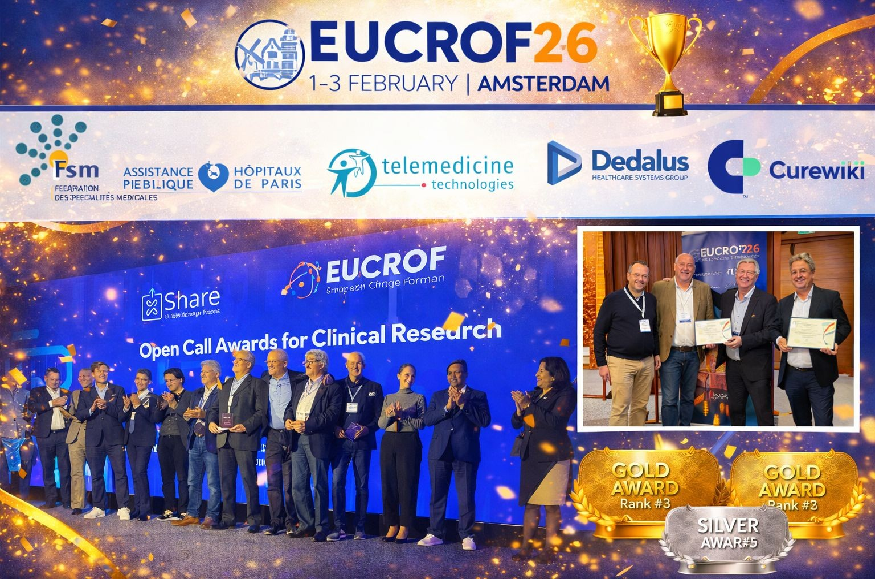DISCOVER
eISF

THE ELECTRONIC INVESTIGATOR SITE FILE
The eISF, or electronic Investigator Site File, is the digital version of the paper-based investigator site file (ISF). It enables the collection in digital form of essential documents that demonstrate a clinical trial was conducted in accordance with Good Clinical Practice (GCP) guidelines, as well as regulatory and sponsor requirements. These documents include the protocol, informed consent forms, study reports, lab results, and other documentation related to the trial.
Leads to this page
The eISF is stored in a secure, web-based system that is accessible to authorized personnel only
The use of eISFs has several advantages over paper-based ISFs :
• efficiency in document management
• increases accuracy and completeness of data
• enhances security of sensitive information
• facilitates remote monitoring of study sites
• real-time data access and sharing between sites, sponsors, and regulatory agencies
Theuse of eISFs represents a significant step forward in the conduct of clinical research, enabling faster and more efficient trial management while ensuring compliance with regulatory and ethical standards.
LATEST NEWSOUR NEWS >
February 26, 2026
During the EUCROF 2026 gala dinner in Amsterdam, in front of 300+ participants from the European clinical research ecosystem, the xShare project Open Call Awards for Clinical Research were officially presented. We are extremely proud that Telemedicine Technologies contributed to three complementary xShare Open Call projects (out of 10), all recognised for their quality, innovation […]
January 29, 2026
Medtech Dive Amid a deregulatory push by the Trump administration, the Food and Drug Administration is scrutinizing its digital health policies. The agency suddenly issued a pair of guidances earlier this month, intended to clarify its approach to wellness devices and medical software. The updates reflect changes to the agency’s thinking about what counts as a wellness […]
January 29, 2026
Med City News The Covid-19 pandemic impacted virtually every industry, with healthcare arguably undergoing the most drastic transformation. Pre-pandemic, most of us never could’ve imagined routine doctor visits happening over telehealth, or a brand-new vaccine being developed, tested, and authorized for emergency use in under a year. The urgency of the pandemic forced medical scientists […]



